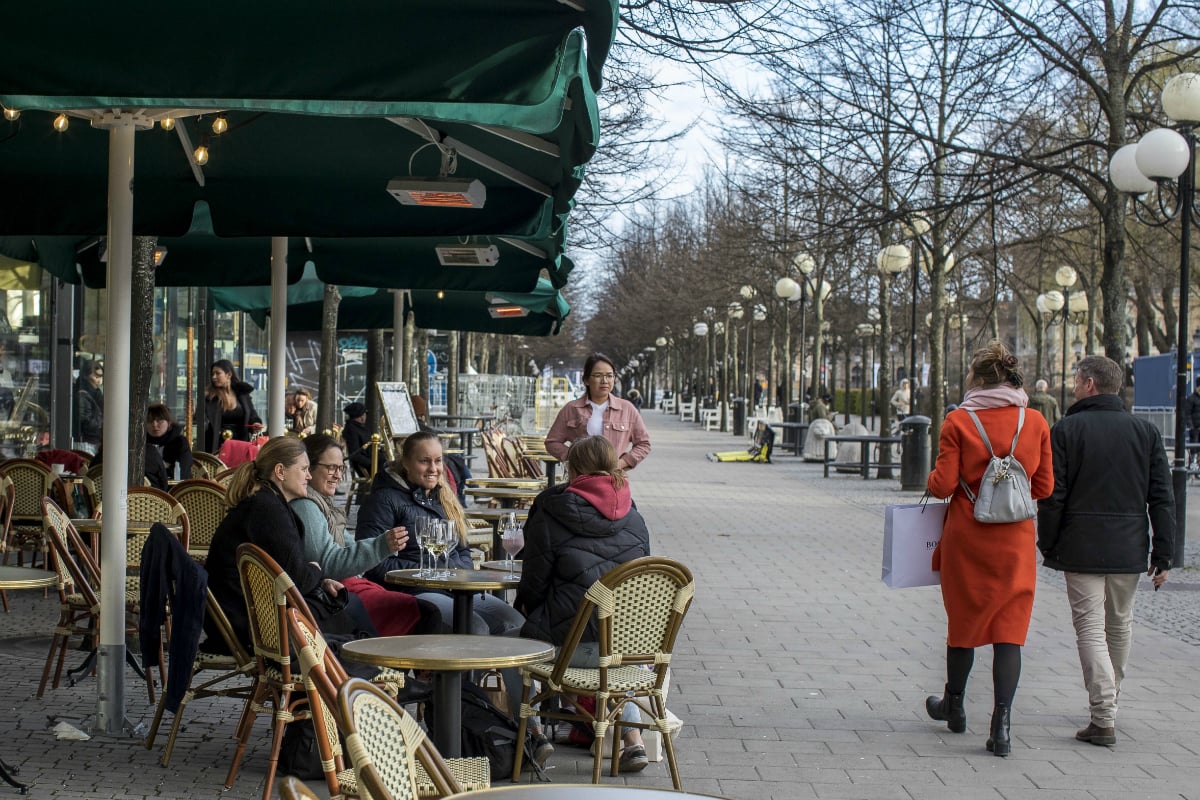
As large swathes of Europe live under lockdown during the COVID-19 pandemic, people in Sweden continue to go about their day with relative normalcy.
Students aged under 16 are still going to school, restaurants and bars are still serving, businesses are trading, and gyms are open. There have been no full border closures or swarms of police enforcing strict social-distancing policies.
Instead, the Nordic nation’s response is built on ‘trust-based’ measures and individual responsibility. It has asked — not ordered — people over 70 to avoid social contact, and recommended that the rest work from home if possible, regularly wash their hands and avoid non-essential travel.

